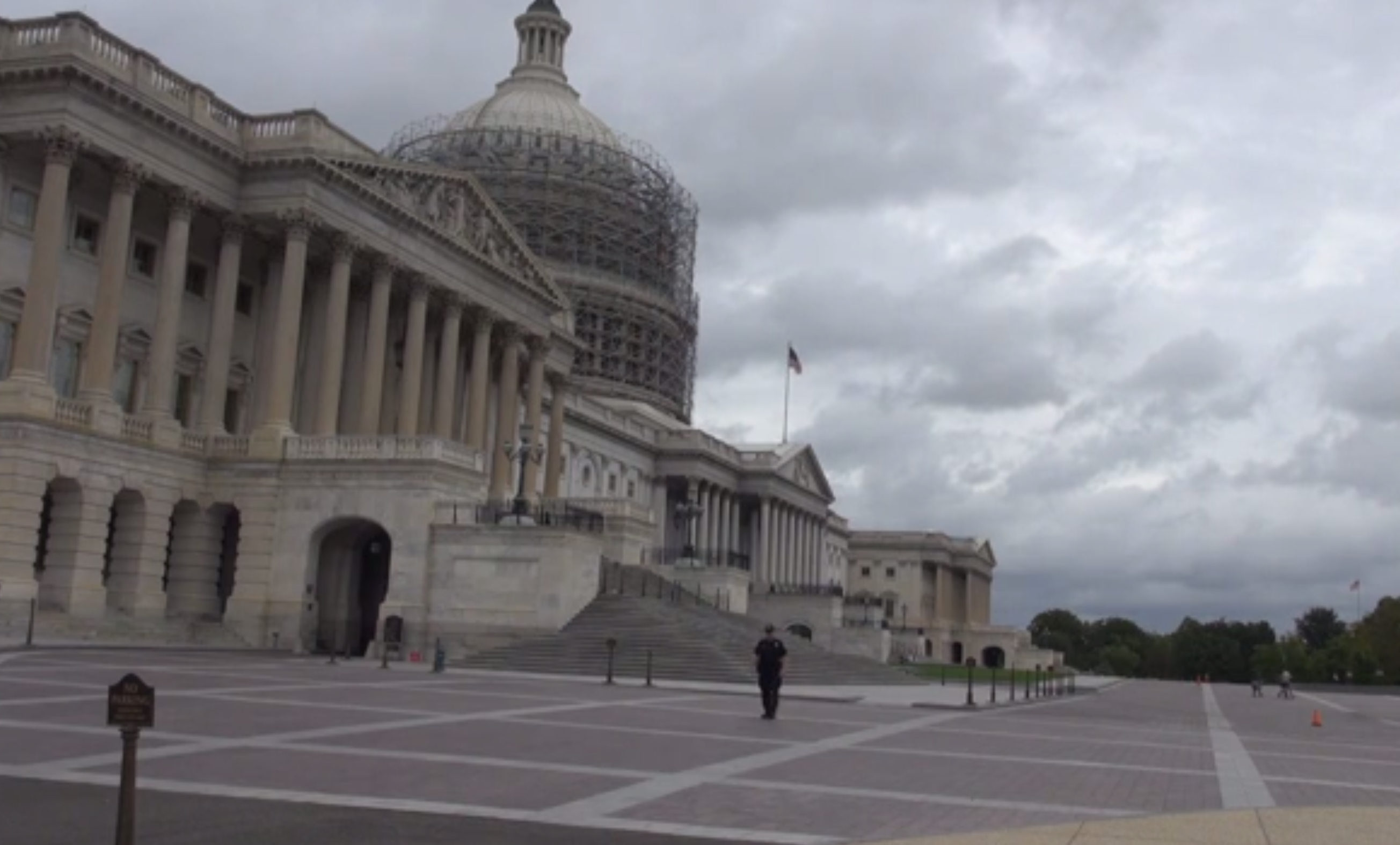WASHINGTON — The state of ethics in the U.S. Senate is a “black hole,” according to a nonprofit coalition called the Ethics Working Group.
In an open letter to Senate Majority Leader Harry Reid, D-Nev., and Minority Leader Mitch McConnell, R-Ky., the group lambasted the Senate’s ethics oversight.
“The current Senate ethics process is widely – and accurately – perceived as insular and opaque, failing to adequately identify ethical lapses and ensure public confidence in the institution.”
The Ethics Working Group, a coalition of nonprofit organizations allied with Public Citizen, a consumer rights lobbying group, also outlined a list of changes its members would like Senate leaders to implement: Top of the agenda is an Office of Senate Ethics, similar to the House’s Office of Congressional Ethics, which was created in 2008. The office would be independent of the lawmakers themselves.
Also on the list of suggested changes is greater transparency of the Senate Ethics Committee, mandatory ethical training for all senators and staffers every four years and a review of current travel rules.
Public Citizen had some measured praise for the House of Representatives. In a separate open letter to Speaker of the House John Boehner, R-Ohio, and House Minority Leader Nancy Pelosi, D-Calif., the coalition said that the independent Office of Congressional Ethics, created in the wake of the Jack Abramoff lobbying scandal, “has alleviated some of the most serious concerns about a process that had become utterly dysfunctional.”
“You can go back to two real problems that existed in the House ethics process,” said political scientist and American Enterprise Institute scholar Norman Ornstein, “One was . . . what we call criminalization of policy differences when you’d get ethics complaints thrown at members to try to discredit them, to undermine them, even to defeat them.”
“Then you had an era almost like the Cold War where each side said, ‘We won’t bring any complaints against your people if you don’t bring any complaints against our people.’ So you had no enforcement, effectively, of any rules.”
The Office of Congressional Ethics, he said, has changed things.
“When you have . . . an independent group that cuts across all party and ideological lines, . . . that gives you some credibility and it works much better, and that’s what we have here.”
But according to the Ethics Working Group, there are still problems that should be addressed as soon as possible.
Chief among them, the group said, is the fact that the Office of Congressional Ethics is not permanent.
“The OCE lives in a state of instability, existing tenuously from Congress to Congress,” the coalition said. “OCE should be made a more permanent institution of Congress.”



